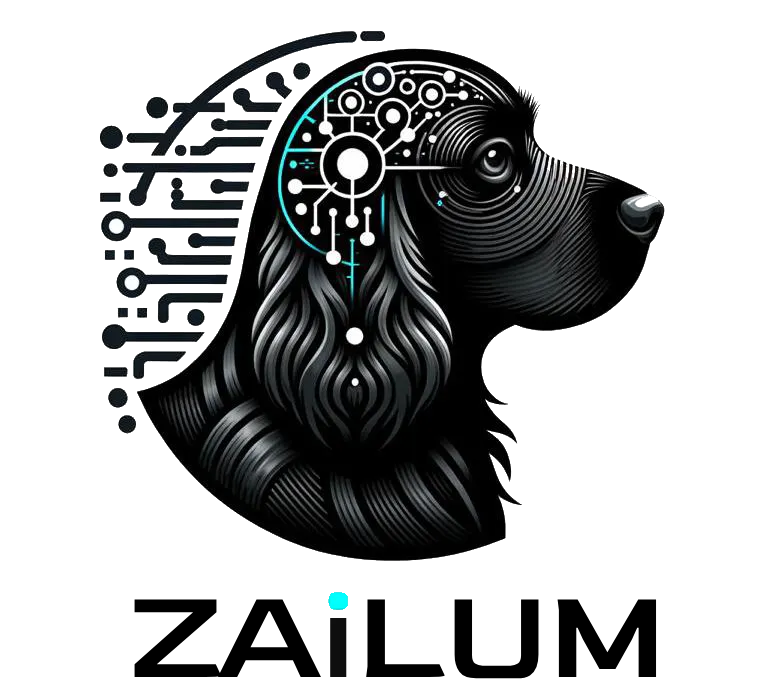### How AI is Transforming the World
The dawn of Artificial Intelligence (AI) marks a pivotal chapter in human history, akin to the advent of the steam engine or the internet. This transformative technology is not just reshaping industries but is also redefining the very fabric of society. From enhancing healthcare to revolutionizing transportation, AI’s impact is profound and far-reaching.
**Healthcare Revolution**
In healthcare, AI is making strides in diagnosing diseases with precision previously unattainable. Algorithms can now analyze medical images with greater accuracy than human experts, identifying conditions like cancer at their earliest stages. Moreover, AI-driven predictive analytics are being used to forecast outbreaks, improve patient outcomes, and personalize medicine. This technology is not just a tool but a beacon of hope, potentially saving millions of lives through early detection and tailored treatments.
**Smart Cities and Transportation**
The realm of urban development and transportation has been significantly uplifted by AI. Smart cities, powered by AI algorithms, optimize traffic flow, reduce energy consumption, and enhance public safety through intelligent surveillance systems. In transportation, self-driving cars are no longer a futuristic fantasy but an emerging reality. By reducing human error, these autonomous vehicles promise to make our roads safer and transportation more efficient.
**Environmental Sustainability**
AI is a formidable ally in the battle against climate change. Through advanced data analysis, AI helps in monitoring deforestation, predicting weather patterns, and optimizing energy consumption in buildings. AI technologies enable smarter decision-making for renewable energy sources, contributing to a more sustainable and greener planet.
**The Future of Work**
The workplace is undergoing a seismic shift thanks to AI. Automation and AI tools are performing tasks ranging from mundane data entry to complex decision-making processes, freeing humans to focus on creative and strategic activities. While fears of job displacement exist, AI also opens up new job opportunities and the need for upskilled labor, emphasizing the importance of adaptability in the AI era.
**Challenges and Ethical Considerations**
As we embrace AI, we must also navigate the ethical and societal challenges it presents. Issues like privacy, data security, and the digital divide need careful consideration. Ensuring AI is developed and deployed in an ethical, transparent, and equitable manner is crucial to harnessing its full potential while mitigating adverse impacts.
**Conclusion**
The influence of AI on our world is undeniable and growing. It offers solutions to some of humanity’s most pressing challenges while also opening up new avenues for innovation and efficiency. As we stand on the brink of this AI-driven era, it’s essential to foster a collaborative approach among governments, industries, and communities to leverage AI’s benefits fully and responsibly.
The journey of AI is just beginning, and its trajectory promises a future where technology and humanity converge in harmony, leading to a smarter, safer, and more sustainable world for future generations.

